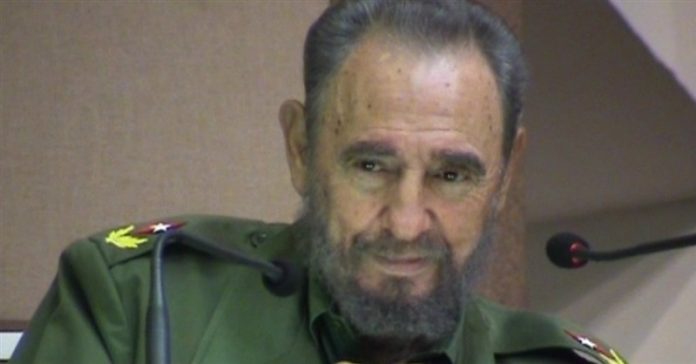Following Castro’s death at the age of 90 on Saturday (26 Nov.), Paul Groen told World Watch Monitor: “Fidel’s regime really has been a huge source of suffering for the Church,” referring to the communist rule instigated by Castro and other revolutionaries in 1959 and continued by Fidel’s brother Raul since 2006. “Many leaders don’t expect any immediate change. Raúl Castro will continue governing the way his brother did. This means that the restrictions on the Church that existed before Fidel’s death are likely to be maintained, at least until the elections in 2018 when Raúl, who will then be 87, has said he will resign as president.”
Cuban church leaders chose not to comment publically on Castro’s death. The Catholic bishops’ conference in Havana issued a brief and carefully worded statement expressing “our condolences to his family and the authorities of the country”, entrusting the communist leader to Christ, “the Lord of Life and History”, and praying “that nothing would disrupt the coexistence among Cubans”.
“Christians in Cuba face harassment, surveillance, discrimination and the occasional imprisonment of leaders,” said Groen. “New churches and seminaries cannot be built, and foreigners may enter the country with no more than three Bibles.”
Aid work carried out by the Church is also subject to government control. Officials have demanded that some churches hand over donated goods, such as food and building materials that they were distributing to people whose homes were destroyed or damaged by Hurricane Matthew in October. Church leaders said officials believed the state should be responsible for the material needs of the people. Nonetheless, they acknowledged that there has been an improvement in the government’s treatment of the Church over the last two decades, and pointed out that Christians are no longer subject to beatings, imprisonment and even murder that terrorised the Church in previous decades … read more



